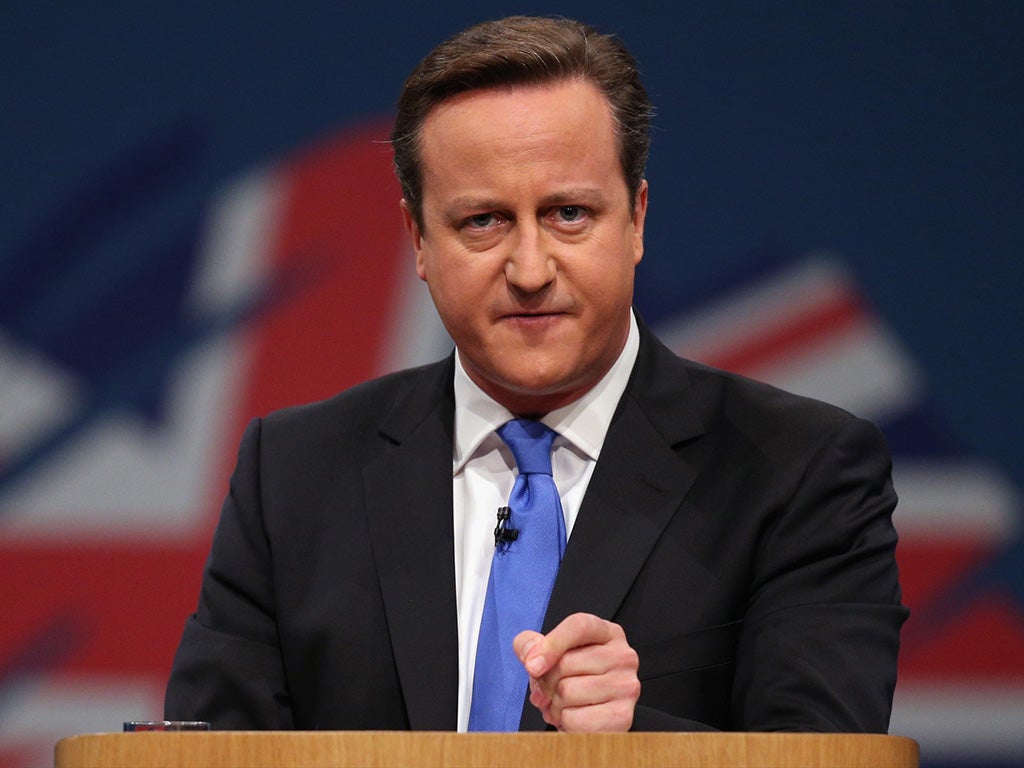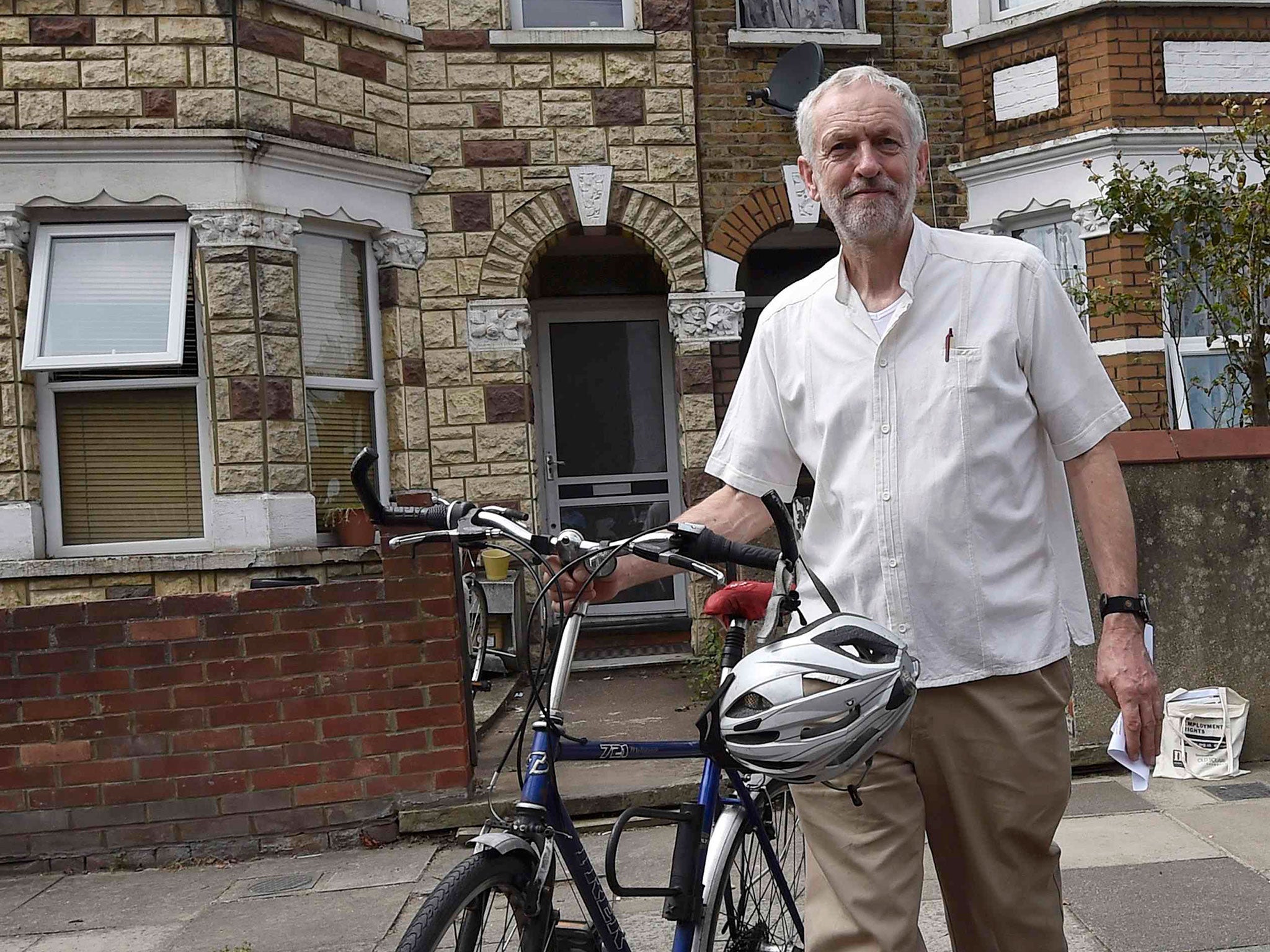David Cameron claims Jeremy Corbyn is a 'threat to national security'
The Conservatives are trying to paint Labour's new leader as a security threat

Jeremy Corbyn is a "threat to national security", David Cameron has claimed.
The Prime Minister said the mild-mannered Islington MP, who was elected Labour leader yesterday, would undermine the UK's defences.
The push is part of a new strategy by the Conservatives to define the new Labour leader with their own terms early on.
Yesterday Defence Secretary Michael Fallon criticised Mr Corbyn's foreign policy, highlighting his commitment to nuclear disarmament.
"Labour are now a serious risk to our nation's security, our economy's security and your family's security," he said.
"Whether it's weakening our defences, raising taxes on jobs and earnings, racking up more debt and welfare or driving up the cost of living by printing money – Jeremy Corbyn's Labour Party will hurt working people.
"This is a very serious moment for our country – the Conservatives will continue to deliver stability, security and opportunity for working people."
The Conservative party Twitter account also posted an almost identical message and asked for people to retweet it.
The media battle comes ahead of a likely parliamentary vote on bombing Syria, one of the first foreign policy tests of Mr Corbyn's leadership.

Deputy leader Tom Watson said Labour would have to see Mr Cameron's proposals on Syria before it decided whether to vote for them or not.
"I think we need to hear what the government’s proposals are: what the mission is, what the exit strategy is, and what it would cost," he said.
"But I would be very, very sceptical if David Cameron is only saying we should bomb: any military advisor will tell you, if he’s serious about dealing with ISIS that would require troops on the ground. I don’t think there is any will on any of the benches in parliament for troops on the ground."
Mr Corbyn was elected as Labour leader to succeed Ed Miliband on a landslide, gaining 59.5 per cent of the vote.
The result was compared to 19 per cent for Andy Burnham, 17 per cent for Yvette Cooper and 4.5 per cent for Liz Kendall.
Despite only gaining the bare minimum of nominations from MPs to get on the ballot paper, the new leader of the opposition proved very popular with members, registered supporters, and affiliated trade unionists.
Join our commenting forum
Join thought-provoking conversations, follow other Independent readers and see their replies
Comments
Bookmark popover
Removed from bookmarks